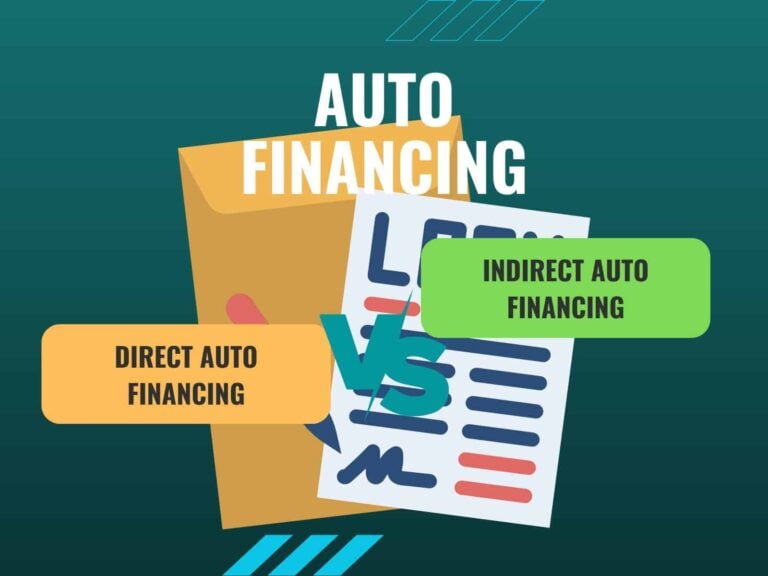Tennessee Debt Settlement
Tennessee is home to 6,833,793 residents and ranks 16th in population within the United States while covering an area of 42,143 square miles, ranking it 36th in terms of geographic size.
This results in a population density of 159 residents per square mile that ranks the state 20th in the nation. Nashville is Tennessee’s state capital and largest city by population, edging out Memphis by a slim margin. Tennessee is nicknamed “The Volunteer State” for the prominent role that volunteer soldiers played during the War of 1812, and for the 30,000 volunteer soldiers who responded to a call for 2,600 volunteer soldiers at the onset of the Mexican-American War.

Significant contributing industries to Tennessee’s economy include agriculture, manufacturing and tourism. Tennessee has over 82,000 farms covering approximately 44% of its land mass, with roughly 60% of these farms accommodating beef cattle – which along with poultry, soybeans and cotton are the state’s primary agricultural products. Major manufacturing products for the state include processed foods, chemicals, transportation equipment and electrical equipment.
Tennessee also has a strong presence in the automotive industry as Volkswagen, General Motors and Nissan have factories in the state, while the latter and Mitsubishi Motors are also headquartered in the state. Tennessee is home to numerous tourist attractions that include Graceland, the Jack Daniel’s Distillery, the Chattanooga Choo-Choo Hotel, the Country Music Hall of Fame and Museum, and the National Civil Rights Museum.
The state is also home to fifty-four state parks, including the Great Smoky Mountains National Park, which is the nation’s most visited national park with more than ten million visitors each year.
According to the St. Louis Fed, Total Gross State Product for Tennessee in 2019 came in at $380.1 billion, ranking the state eighteenth in the nation. Within manufacturing, processed foods are an important contributor, including grain products, breakfast cereals, grain and flour, candy, vegetable oil, meat, and dairy products.
A number of large corporations are headquartered in Tennessee – including FedEx, AutoZone, International Paper, Regal Entertainment Group, Pilot Corporation and Eastman Chemical Company.
The state is a major producer of poly silicon, with Wacker Chemie housing a $2 billion production facility and Hemlock Semiconductor a $1.2 billion facility. Apart from industrial chemicals, Tennessee is also a leading producer of paints, pharmaceuticals, plastics, resins and soaps. Tennessee’s 2018 median household income level of $50,972 checked in 17.7% lower than the national median household income level of $61,937.
Tennessee Economic and Debt Statistics
According to the Bureau of Labor Statistics, Tennessee’s unemployment rate stood at 3.5% as of March 2020, significantly lower than the national unemployment rate of 4.4%.
Tennessee residents rank 44th nationally in the amount of household credit card debt held, checking in at an average level of $6,217, 33.3% less than the national average of indebted households of $9,333. In terms of FICO scores, compared with the 2019 nationwide average FICO score of 703, the typical Tennessee resident’s 2019 FICO score of 690 is somewhat lower, and ranks the state 39th nationwide.
Tennessee Economic and Debt Statistics
According to the St. Louis Fed, the 2019 Tennessee home ownership rate checked in at 68.8%, considerably higher than the national home ownership rate of 64.8%.
Meantime, a recent Experian report shows average mortgage debt level of $155,844, representing an increase of 2.7% compared to 2018, and ranking the state 31st in the nation. Meantime, the median sales price of a home in Tennessee during 2019 was $184,600.
Regarding student loans, data compiled in 2019 by Experian indicates that average student loan debt for Tennessee borrowers is $35,016, 1% lower than the national average of $35,359, 6.8% higher than in 2018 and 25.3% higher than the level in 2014.
Debt Settlement in Tennessee
If you are a resident of Tennessee and are currently burdened by high levels of unsecured debt – including credit card accounts, private student loans, unpaid medical bills and personal loans – the process of pursuing debt settlement may make sense for you.
Debt settlement occurs when a debtor successfully negotiates a payoff amount for less than the total balance owed on a debt. This lower amount is agreed to by the creditor or collection agency and is fully documented in writing.
Ideally, this lower negotiated amount is paid off in one lump sum, but it can be paid off over time. Though creditors are under no legal obligation to accept debt settlement offers, negotiating and paying lower amounts to settle debts is far more common than many people realize.
Tennessee Consumer Debt Laws
Credit Card companies and other creditors are permitted to contact Tennessee residents directly regarding debts, particularly in a situation involving delinquent payments.
However, debt collection agencies are required to comply with the the Federal Fair Debt Collection Practices Act (FDCPA), and are therefore prohibited from taking certain actions. Under the FDCPA, collection agencies are prohibited from informing employers about a debt or attempting to collect a fee in excess of any debt owed.
Debt collection agencies are also prohibited from communicating in a manner that simulates a judicial process or gives the appearance of a governmental action.
Additionally, debt collection agencies are prohibited from contacting debtors or debtor family members at unusual hours or with a frequency that may be reasonably construed under the law as harassment or abuse.
Unfortunately, unlike many other states, Tennessee does not have its own state law governing debt collection tactics, leaving its residents somewhat vulnerable to predatory practices that may be beyond the scope of the FDCPA.
Although Tennessee law does require debt collectors to pay a fee and obtain a license, its residents are unlikely to successfully pursue a lawsuit in the event a collector fails to do so.
Tennessee residents will receive the most consumer protection from harassing and potentially abusive debt collection methods under the FDCPA.


Tennessee Statute of Limitations on Debt Collection
When sufficient time passes in a situation in which consumer debts have gone unpaid, a debt collector can lose the legal right to sue for non-payment.
In Tennessee, the statute of limitations on debt collection is six years for open credit card accounts, six years for oral contracts, six years for written contracts, and six years for promissory notes. For any time period, the clock begins ticking from the “date of default,” which is typically thirty days after the last payment was actually made.
When debts remain unpaid prior to the statute time period elapsing in full, creditors maintain legal right to sue you for non-payment and are permitted to engage debt collection agencies who can make persistent attempts at collection – provided they remain within the bounds of the FDCPA.
Debt Settlement - Do It Yourself?
Getting out of debt is never an easy process. If debt settlement is the right avenue for you to pursue, be honest with yourself. Decide whether you possess the background, strength and fortitude to negotiate directly with creditors yourself – or whether engaging the services of an experienced and reputable debt settlement
Remember, the goal is to save the greatest amount of money and time while minimizing any ensuing damage to your credit score and profile. A reputable debt settlement
Contact us here at United Settlement, where our experienced credit counselors possess relationships with the major credit card lenders and a broad understanding of the debt marketplace. We can help you navigate these waters successfully. Our debt settlement programs are available for Tennessee residents. Give us a call at (888-574-5454) or fill out our online contact form.
Debt Resources & Additional Reading
Additional Related Insights & Articles





Credit Card Debt Relief Reviews

Ready To Get Started?
See if you qualify for debt relief. Get A Free Savings Estimate to see how quickly you can be debt free.
Embrace financial freedom with our tailored solutions, expert guidance, and unwavering commitment to your success.
Experienced Professionals
Our team comprises seasoned experts who have successfully navigated countless clients towards a debt-free life.
Customized Solutions
We understand that every financial situation is unique. That’s why we craft bespoke debt relief plans tailored to your specific needs.
High Success Rate
Our track record speaks for itself. Our effective strategies and dedicated approach ensure tangible results.
Confidential Consultation
Your privacy is paramount. Rest assured, our consultations are carried out with the utmost discretion and confidentiality.
Debt Help Near Me
Experienced Professionals
Our team comprises seasoned experts who have successfully navigated countless clients towards a debt-free life.
High Success Rate
Our track record speaks for itself. Our effective strategies and dedicated approach ensure tangible results.
Confidential Consultation
Your privacy is paramount. Rest assured, our consultations are carried out with the utmost discretion and confidentiality.





